Column: Bloomington city council needs to shift out of park, into legislative gear
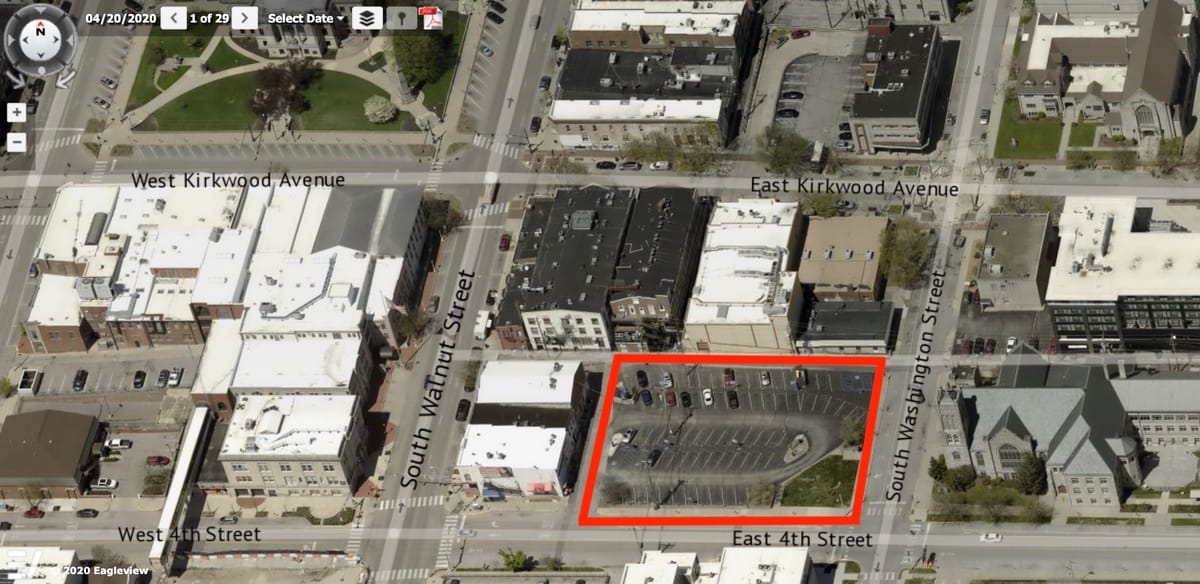
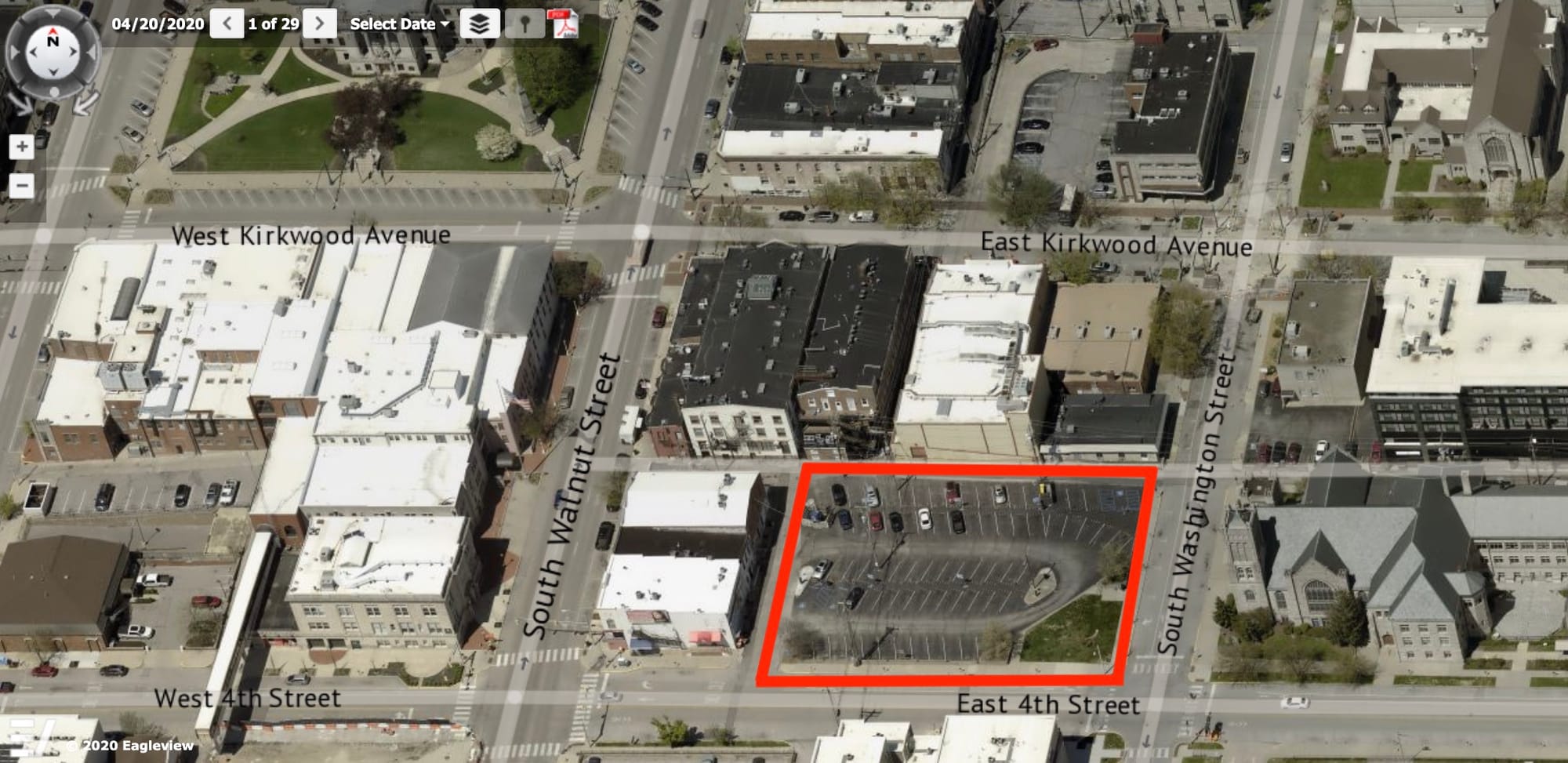
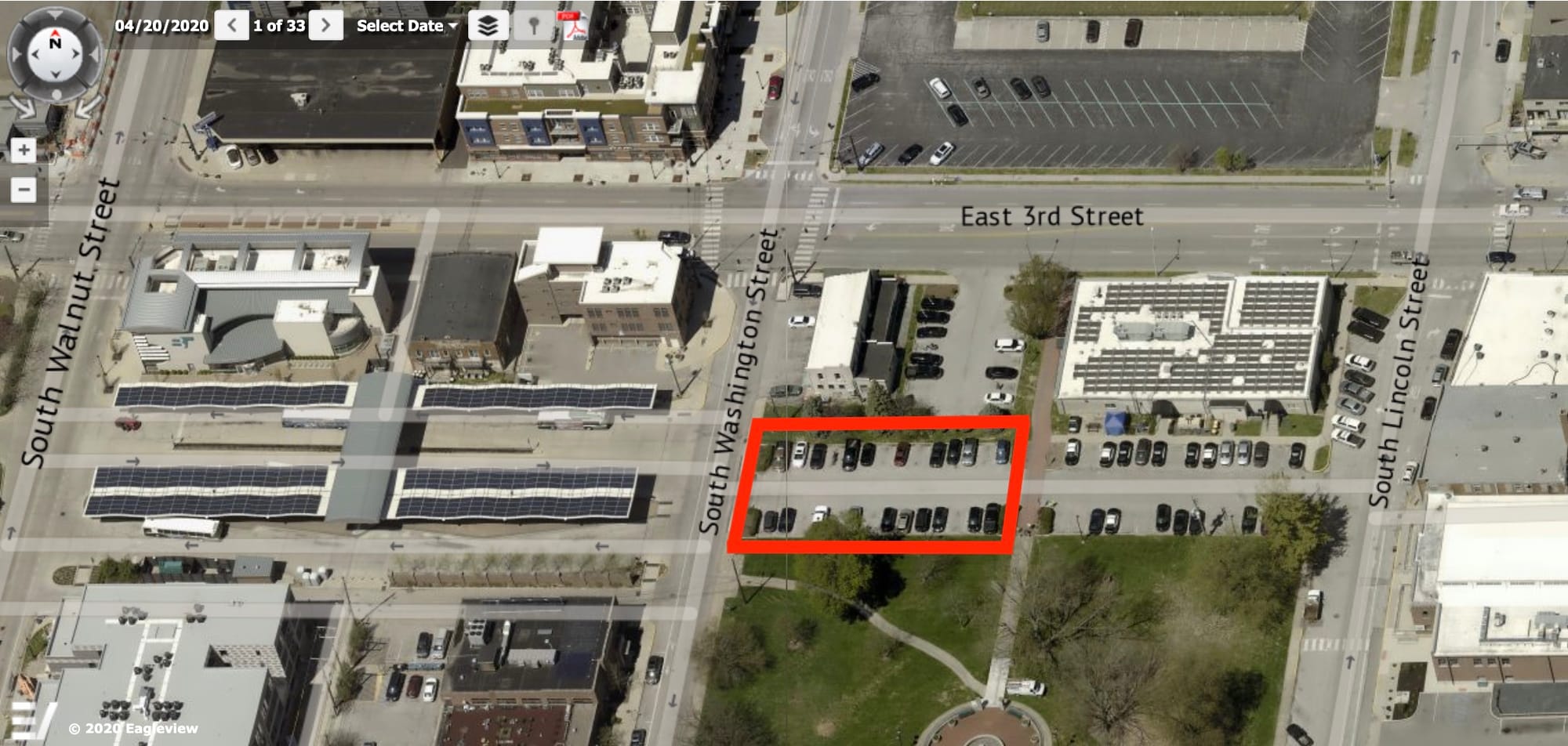
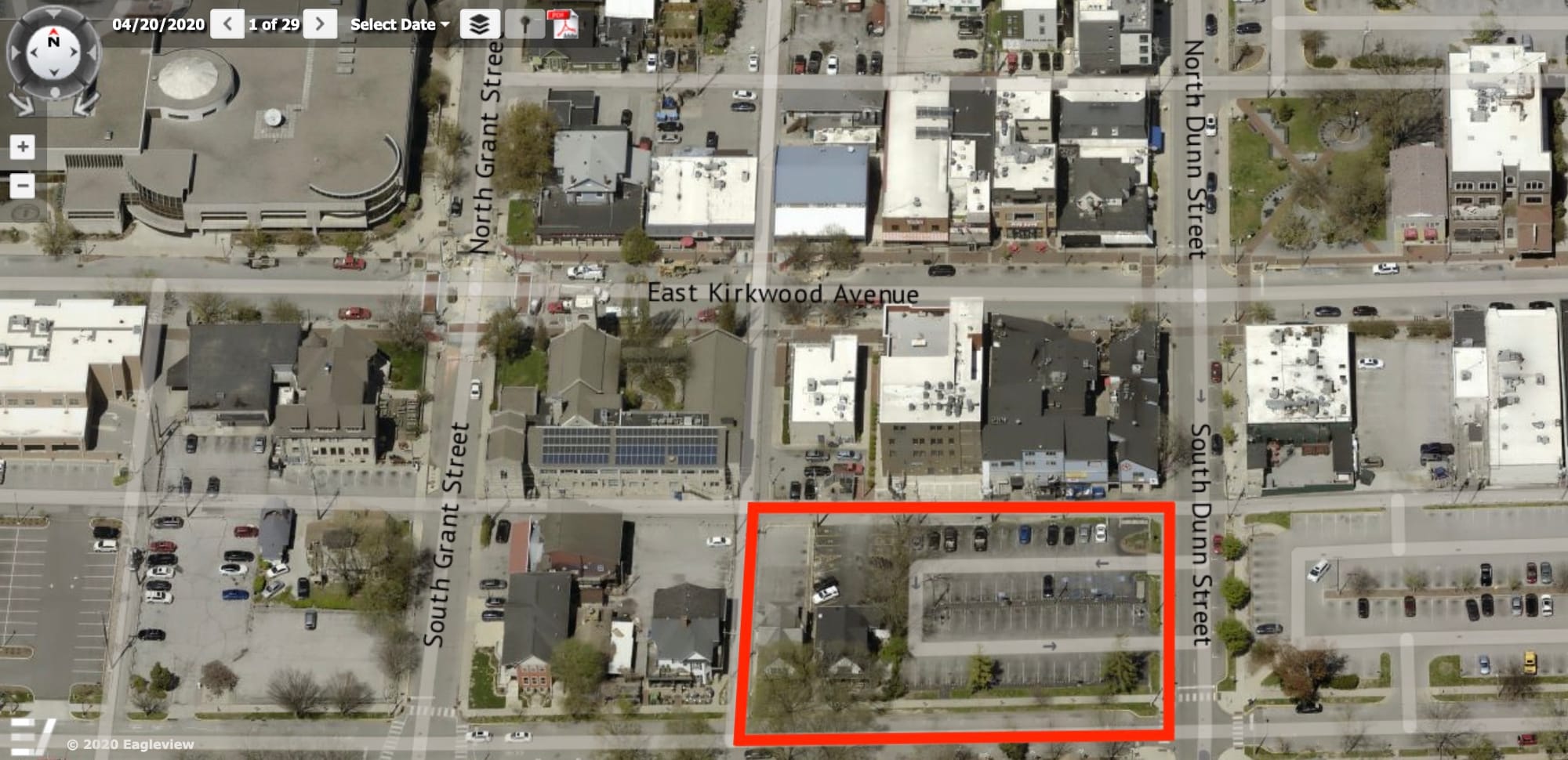
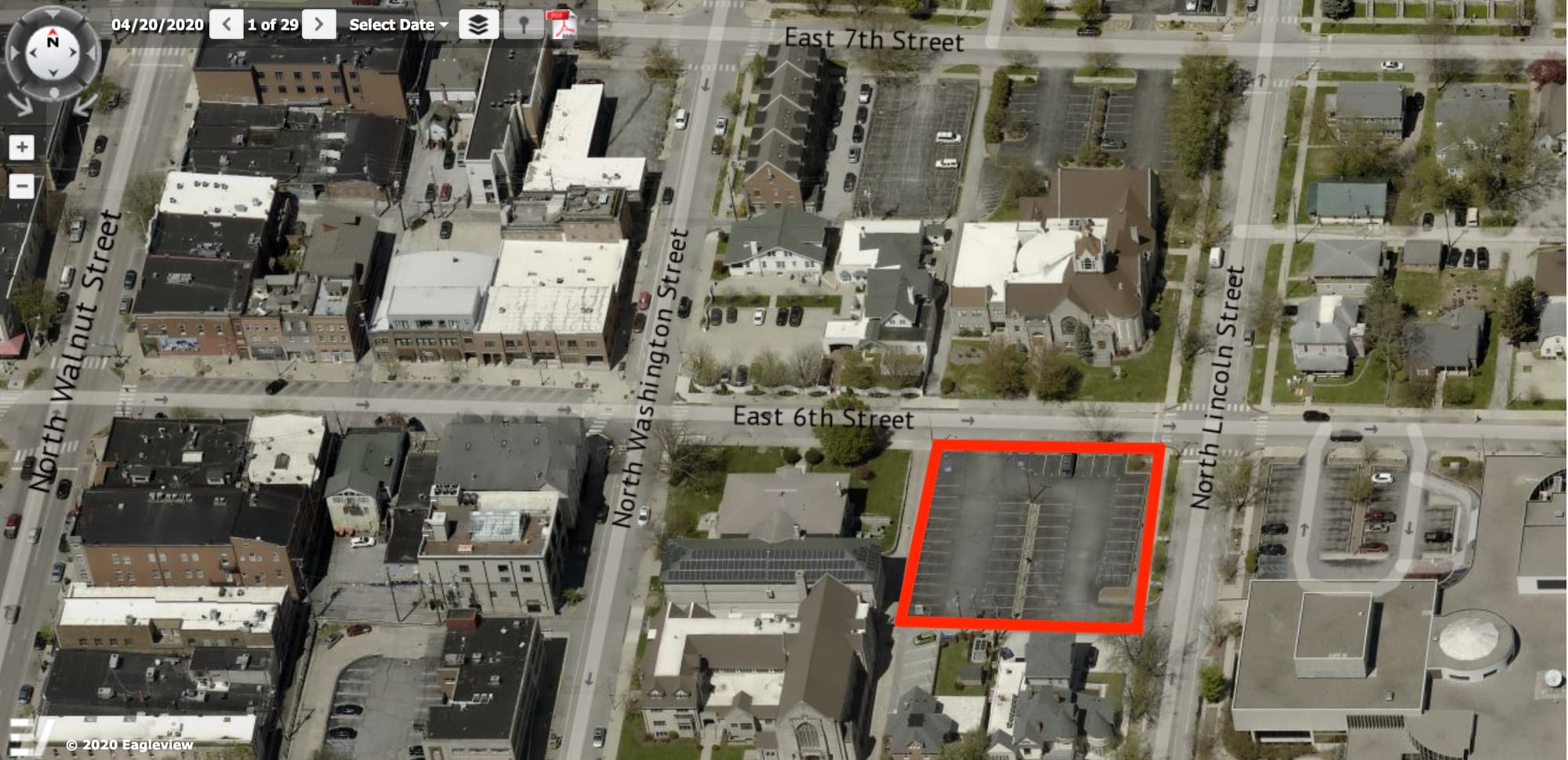
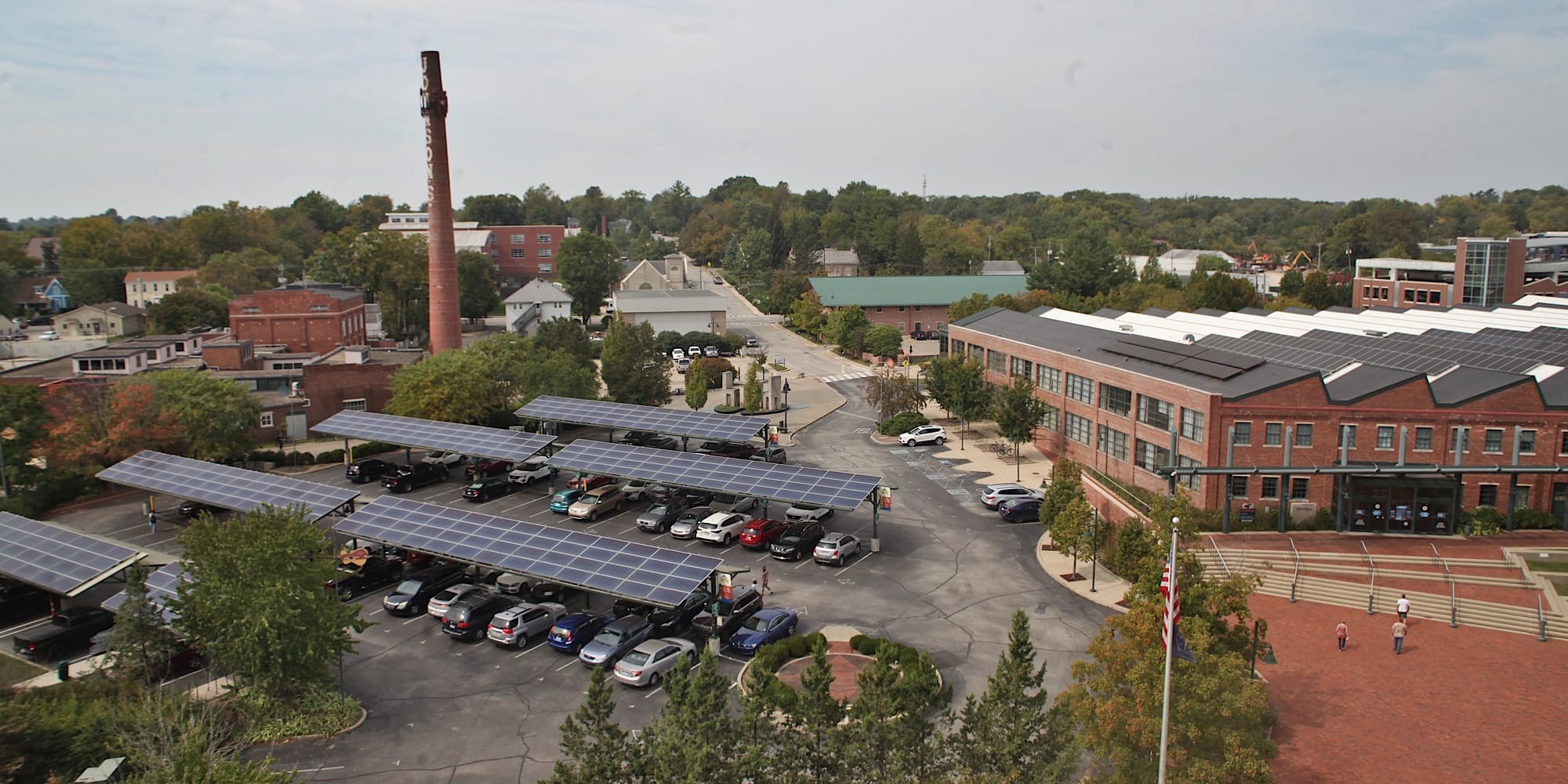
Bloomington’s city councilmembers want mayor John Hamilton’s administration to make policy choices that are consistent with the community’s values. And they want to see those choices reflected in the annual budget.
Otherwise put, Bloomington’s city council is like any other city council in America.
It’s a reasonable and normal expectation for the legislative branch of local government that the budget will be a reflection of local community priorities.
And that’s why the annual budget is the most important legislation considered by the city council every year.
But the budget is not the only piece of legislation that the city council could take up in the course of a calendar year. The legislative body does not need to wait for the administration to propose the annual budget or any other law.
Bloomington’s city council has, on occasion, proven that it’s aware of its own ability to originate new local laws.
For example, when some councilmembers determined that prohibiting turns on red lights at several additional downtown intersections would improve pedestrian safety, they initiated a traffic ordinance and worked with the city staff to get the details right. It was enacted as local law by the city council in early April.
But shifting itself out of park and into legislative gear is not an approach that appears to be favored by the council.
And that’s too bad.
On the upside, during budget season, some councilmembers seem to have sorted out a good answer to this question: What’s the clearest way to signal to the mayor what a majority of city councilmembers think? Take an actual vote.
City council’s role in budget decisions
At budget time in the fall, it’s the mayor who’s in the driver’s seat.
Indiana’s statutory budgetary process leaves limited room for steering corrections by the city council.
Cuts to the appropriation ordinance are “easy”—they just take a majority vote of the council. But increases would require some political horse trading. That’s because the mayor has to agree to any such increases.
Instead of tinkering with the appropriation ordinance to influence city policy, the council might look at a different part of the budget package—the salary ordinance. That’s an ordinance the council has to adopt every year. It lays out the number and kind of jobs at the city, as well as their pay grades.
For example, if some councilmembers want the mayor to add a director of climate action to the city staff, they could consider amending the salary ordinance—by adding that position, along with an appropriate pay grade. That would at least authorize the creation of the position, even if the compensation were not budgeted.
This is the kind of approach taken last year, by some councilmembers who wanted to increase police staffing levels. They put forward an amendment to the police and fire salary ordinance that explicitly stated a maximum number of 105 sworn officers. That was five more than the 100 that were budgeted in the appropriation ordinance. It passed on a 7–1 vote.
But amending the salary ordinance, to add a climate action director, would require a majority vote of the council. And it’s not clear a majority would support amending the salary ordinance in this way. Even those who support adding a climate action director might see little point in the symbolic act of authorizing a position that the mayor does not intend to fill.
But proposing an amendment to the salary ordinance would make more sense than threatening to vote against the appropriation ordinance. That’s because if the appropriation ordinance is not adopted by the city council, then under state statute, the city has to continue the same tax levy from 2021 into 2022, with no increase. For 2022 that would mean $1.2 million less in revenue to the city’s general fund.
There’s value in putting important specific policy matters to an actual city council vote—on a resolution or an ordinance. What better way is there to convey to the mayor the council majority’s view than to put a resolution to a vote of the council?
Historically, the Bloomington city council’s preferred custom has been to take mere straw polls at committee meetings, on global do-pass recommendations for different parts of the budget package.
So the 2020 amendment to the police salary ordinance and this year’s council resolution on police pay have to count as structural improvements in the council’s approach to its role in the annual budget process.
It would count as another step forward if those councilmembers who are fond of calling themselves “progressives” could see fit to put their specific progressive proposals to actual votes during budget season.
City council’s role in non-budgetary legislation
Throughout the year, the legislative branch has the chance, at least for certain matters, to lock in a course along which the city’s executive will have to navigate, when it comes time to set the budget.
If the council programs a left turn into the navigation system of the budgetary bus, the budget will head left, even if the council does not leap out of the passenger seats, grab the wheel, and yank it.
Take for example, the parking cashout program, which some councilmembers have, for a few years, wanted the mayor to implement as an employee benefit. They’ve complained about it at budget time. The idea is to provide a cash incentive to employees for not driving a car to work and parking it.
It’s worth noting that the California statute on parking cashout, which some councilmembers cite as a model to follow, does not look like it would apply to the city of Bloomington as an employer. That’s because the statute applies to employers who “subsidize” employee parking that they don’t own—by paying third parties to allow their employees to park, without passing the full cost of the parking along to their employees.
The city of Bloomington doesn’t pay cash to a third party so that its employees can park at the third party’s facility.
The city of Bloomington does charge some employees for parking. An employee parking permit at city hall is just $2. The cheap permit is basically a way to ensure that the city hall spots are available to city employees, and are not taken up by people transacting business somewhere else downtown.
If the city hall parking lot were declared a public parking lot, that would set up a scenario where a California-style parking cashout program could be implemented for city employees. City hall parking permits could be offered to the public, at the same cost of permits at other city parking facilities, on a first-come-first serve basis.
Declaring the city hall surface parking lot a paid public lot would set the table for the city to implement a parking cashout program for its employees at city hall.
Who can declare the city hall parking lot a paid public lot? The city council.
The status of city-owned parking lots, including Lot 11 (the city hall parking lot) is already set forth in city code.
Amending city code by enacting ordinances is a perfect task for the legislative branch of local government.
Instead of backseat bellyaching that the mayor won’t enact a parking cashout program, what would be nice to hear from the city council is their proposal to legislate the use of the city hall parking lot. That could steer the mayor towards some sort of parking cashout scenario.
Further, if the city council decided it wanted to help reduce the need for car ownership by residents, it could legislate that some number of parking spaces at city hall, or other city parking facilities, be reserved for car sharing companies like Zipcar.
Or suppose that the city council were prompted by the opening of the new 4th Street parking garage to ponder the use of nearby city surface parking lots. Suppose the city council decided that those surface parking lots could be put towards a greater, better use.
As an example, take Lot 3, behind the Buskirk-Chumley Theater, which is currently used for public parking.
While it’s not up to the city council to sell city land, the council could certainly regulate how and whether Lot 3 is used for parking.
The city council could give the mayor a legislative push to do something else with the land, by amending city code with a sunset date on the use of Lot 3 as public parking. Or the council could specify a future date when the price of parking there would be set, either way high or way low, to make it practically untenable as a parking use.
With few exceptions, Bloomington’s city council tends to wait for the administration to move on policy questions, but then complains about how slow the administration is moving, even when the council has the power to legislate the matter.
Here’s a specific example of an issue that could come up in future years, if the administration does not act swiftly enough to suit the council.
Currently, only residents of single-family houses (either renters or owner-occupied) are eligible for neighborhood parking permits. Residents of other kinds of dwellings can’t buy such a permit. This is seen by some councilmembers as inequitable.
That’s why public works director Adam Wason had to field this question from a councilmember about neighborhood parking permits, during a departmental budget hearing this year: “I’m wondering if there are plans to rectify that policy coming from the parking services team and hopefully raise some revenue in the process?”
The “policy” is actually part of city code, which city councilmembers have the power to amend. It’s local law (emphasis added) that: “Each resident of a single household detached dwelling in a neighborhood zone… shall be entitled to apply for one residential neighborhood zone parking permit.”
If they think neighborhood parking permits are an important issue, then councilmembers should figure out how they can start working to legislate the needed changes.
As they think about making needed changes to the code on neighborhood parking permits, councilmembers should probably tap relevant expertise—from city parking staff, legal staff, the parking commission, the traffic commission, the bicycle and pedestrian safety commission, and the council for community accessibility, among others.
Maybe the council’s standing committee on transportation could shepherd the effort to completion. It could be a chance to demonstrate the use of a standing committee to originate legislation. The ability to originate, not merely review legislation, is one of the touted benefits of such committees. It’s a benefit that has not yet been realized since standing committees were established in early 2020.
In any case, the council should not wait another year, until the 2023 budget season, only to complain that the administration has not incorporated the community’s values into the budget.
At year’s end, in just three months, councilmembers will have reached the mid-point of their four-year terms.
That’s long enough to let their legislative engines idle. It’s time to shift into gear.




Comments ()